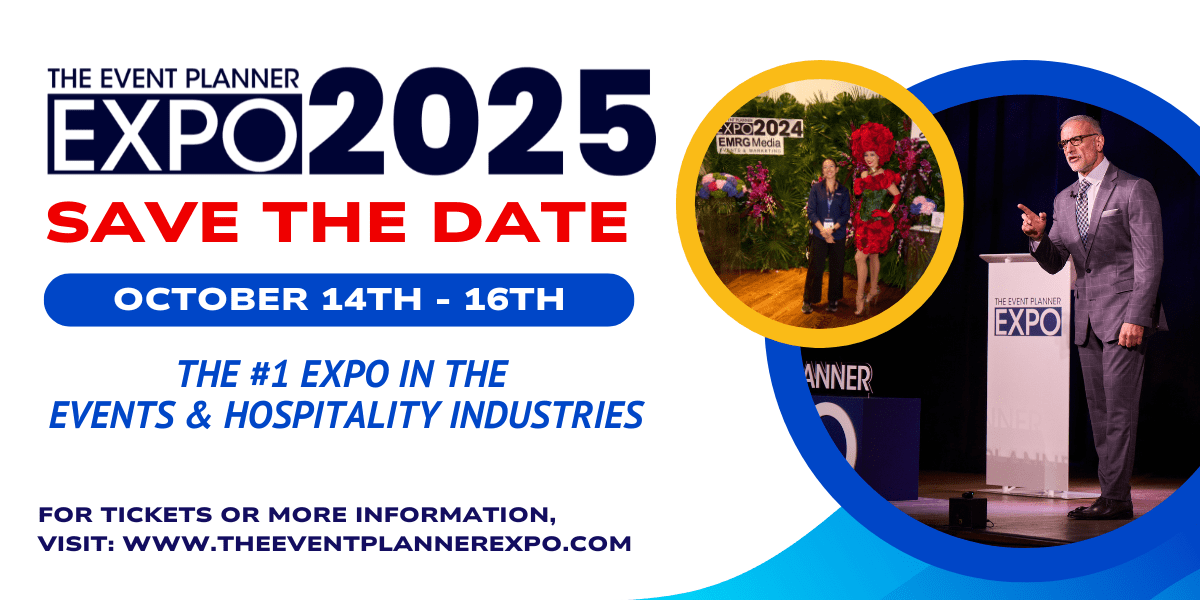There’s email marketing and social media marketing. There’s event advertising, website content marketing, and branding. And as an event planner in New York, you’re an absolute master at experiential marketing. But how well are you tapping into omnichannel marketing?
Today, we’ll share what event planning pros like you need to know about omnichannel marketing, along with why you should be leveraging it for your business and all your events.
1. What Is Omnichannel Marketing?
Omnichannel marketing is more of a holistic approach to reaching an audience. It is a strategy that uses more than one marketing channel to reach the same intended group or individual. And it works.
As an example, consider those designer shoes you want to buy. The retailer might send you an email with a discount on your next shoe purchase. Then you might get an SMS message about an exclusive promo code. And there are cart notifications reminding you those shoes are still lingering there. All those messages prompt you to buy the shoes eventually, and maybe even in the store directly.
2. How Does It Work for Event Planners?
Omnichannel marketing is about delivering a consistent message to the target audience over a series of cohesive experiences and channels. As an event planner, you can market an upcoming event using the same method. You can initiate a series of email campaigns introducing your New York event. You can then follow up with those recipients using SMS, the event mobile app, or social media to continue being present, enticing them to RSVP or buy tickets.
3. Recognize the Four Pillars of Omnichannel Marketing
It may sound simple enough. But there are four pillars of omnichannel marketing to know. Your event marketing will be more resonant with your audience as long as your strategy has…
- Visibility - Use the channels your audience uses.
- Measurement - Track responses, views, and engagements.
- Personalization - Your messaging feels personal.
- Optimization - Your frequency of messaging is consistent.
4. Know the Characteristics of Omnichannel Marketing
In addition to the pillars of omnichannel marketing, event planners should also understand the characteristics of a successful omnichannel marketing campaign.
Consistent Messaging: Don’t confuse your audience with different or conflicting messages. Hit them with the same core message every time until they take action.
Market with the Channel: Social media is more conversational than email marketing, so your messaging should reflect that. Cater your messaging to the channel you're using.
Personalizing with the Buyer’s Journey: Know where your audience is in the buying cycle. Personalize your message in a way that feels like you’re talking only to them. Don’t “introduce” your event three times over several channels. Instead, introduce first, nurture second, and close third.
Know Your Metrics: Follow your analytics and know your open rates, likes, shares, and responses. Use that data to decide how to change or adapt your messaging.
5. How to Create an Omnichannel Marketing Strategy
When you’re ready to develop your own omnichannel marketing strategy, either for a specific event you’re planning, or for your event planning business, these are the steps to follow.
- Understand your target event audience.
- Repeat your CTAs and taglines online and offline.
- Follow the channels you and your event guests use most.
- Create quality and personalized content.
- Use all your social platforms effectively.
- Put the recipient at the center of every message.
- Connect your print and digital ads, invitations, and messages.
Start tapping into the power of omnichannel marketing for your New York events and for your own business model. It’s a proven method for driving audience responses, which is mission-critical when it comes to ticket sales and RSVPs.
And if you need more marketing insights for your events business, get your tickets for The Event Planner Expo 2023 this October!

























